When you think about regulatory battles between tech companies and governments, they usually unfold over months or years with careful diplomatic language and procedural formalities. What we are seeing between Apple and the European Union right now is different. It is a full-blown public confrontation with accusations flying in both directions, and it is revealing some fundamental tensions about how our digital world should actually work.
The latest salvo came when European regulators launched an investigation to determine whether Apple meets requirements under the Digital Services Act (DSA). The Commission zeroed in on two specific areas where they believe Apple is falling short: the company has not implemented adequate safeguards against financial fraud through the App Store, and it has insufficient measures to ensure child safety on its services.
Here is what makes this dispute combustible. European regulators say Apple, famous for security and user protection, is not doing enough to stop scams and harmful content. Apple’s answer is not a quiet memo; it is a counterpunch that says the EU created the very risks it now wants Apple to eliminate. In other words, pick a lane.
Apple strikes back with accusations of hypocrisy
Here is where the story takes a sharp turn. Apple’s VP of Legal, Kyle Andeer, delivered a rare public rebuke to European regulators, essentially accusing them of regulatory hypocrisy. The company’s core claim is blunt and carefully framed: EU enforcement of the Digital Markets Act has weakened Apple’s ability to protect users, which makes it harder to comply with the protection requirements in the DSA.
The logic is simple enough to fit on a billboard. You are asking us to protect users better with one law, while your other law stops us from doing exactly that. The company contends that the DMA itself creates security vulnerabilities for iPhone users by forcing them to open up their ecosystem in ways that undermine their security model.
Apple points specifically to DMA requirements that force developers to link to external websites and third-party platforms without meaningful oversight. They argue this exposes users to fraud and scams on platforms Apple cannot control or monitor, even for apps distributed through their own App Store. The company also claims these mandated changes undermine parental control tools and increase risks for children, exactly the kind of harm the DSA is supposed to prevent.
This is not just a legal technicality. Apple is making a broader argument about regulatory coherence, that one EU law, the DMA, which requires Apple to allow third-party app stores, prevents them from fully complying with another EU law, the DSA, which requires Apple to properly protect iPhone users from harm. It is a clean, high-stakes critique of how you regulate integrated platforms.
The broader context of EU-Apple tensions
To understand why this has turned so hostile, look at the pattern. Apple was designated as a gatekeeper under the DMA due to meeting specific user thresholds, particularly regarding its control over iPhone app distribution. This designation has forced the company to alter its business model in the EU, allowing alternative app stores and external app purchasing options.
The money on the table keeps growing. Apple has already been hit with a €500 million fine for App Store practices, a sign that Brussels is comfortable using heavy penalties. Apple’s legal team has characterized DMA requirements as creating excessive and invasive obligations, while EU officials have accused Apple of maintaining excessive control over its ecosystem to generate supernormal profits.
The rhetoric has shifted, too, from measured to pointed. Greg Joswiak accused Brussels regulators of trying to take the magic away from Apple’s integrated experience. That kind of line usually means private talks are stuck and both sides are gearing up for the long haul.
Real-world impacts on users and developers
The consequences are not theoretical. European users are already seeing delayed feature rollouts and trimmed functionality as Apple works through conflicting rules. Apple has delayed launching certain capabilities in EU markets, citing DMA compliance challenges, including Live Translation features for AirPods and iPhone Mirroring functionality due to security concerns about data exposure on non-Apple devices.
Developers are feeling it in their wallets and workflows. Apple has implemented a Core Technology Fee for apps exceeding one million downloads under the new EU terms, forcing teams to navigate complex choices between traditional App Store terms and new EU-specific options with different payment processing arrangements.
There is also the uncomfortable edge case. The regulatory changes have enabled gambling applications to appear on iPhones in regions where they are legally prohibited. That is the scenario Apple points to when it argues that regulatory conflicts can create new risks while attempting to solve old ones.
The developer community is stuck in the crossfire, and many describe what they are seeing as malicious compliance, technically meeting the rules while making the alternatives so complex or expensive that they are hard to adopt.
What this means for the future of tech regulation
This fight raises a basic question about how to govern digital platforms as integrated ecosystems increasingly define user experience. Europe argues its regulations aim to ensure genuine developer opportunities and user choice rather than manipulation by dominant platforms, a reasonable goal in principle. Apple’s resistance underscores how hard it is to hit that target without side effects.
Apple contends that regulatory implementation actually reduces consumer choice by eliminating access to its integrated ecosystem experience. Some people pick Apple precisely for the seamless integration and security that come with a tightly run system, and Apple says forcing interoperability wipes out that choice.
Enforcement power gives the EU real leverage. European regulators possess the power to impose fines up to 5% of global revenue for non-compliance, which could translate into tens of billions of dollars. The company has dedicated hundreds of staff members to navigating evolving DMA requirements while attempting to preserve its core business model.
The world is watching. Other jurisdictions want to see whether Europe’s approach boosts competition without undermining innovation or user experience. The result could shape how integrated ecosystems coexist with interoperability mandates.
Where do we go from here?
Do not expect a quick truce. Apple continues to argue that European implementation creates security vulnerabilities while claiming regulators frequently shift compliance requirements. The company has even called for DMA repeal while working toward some form of negotiated settlement.
Meanwhile, the Commission continues evaluating Apple’s revised compliance approaches and may open additional investigations if measures are deemed insufficient. The process has turned into high-stakes legal chess, with both sides plotting their next move while billions of dollars and core questions about platform governance sit on the board.
What stands out is Apple’s turn from careful diplomacy to open confrontation. When a company known for tight messaging starts calling out hypocrisy on the record, private talks have likely hit a wall. My read, both sides are settling in for a long public fight.
The DSA investigation adds another layer, raising the chance that Apple faces penalties under multiple regulatory frameworks at once. Pressure like that can force a resolution, either through compromise or a definitive ruling that sets clearer precedents for how integrated platforms operate in regulated markets.
Bottom line: This is not just about Apple versus Europe; it is about defining the architecture of digital markets in the 21st century. The outcome will shape platform design, user experience, and competitive dynamics across the global tech industry for years. Whether integrated ecosystems survive intense scrutiny or interoperability mandates rewrite how we use technology depends on how this clash plays out. For users, developers, and every other company watching from the sidelines, the stakes could not be higher.




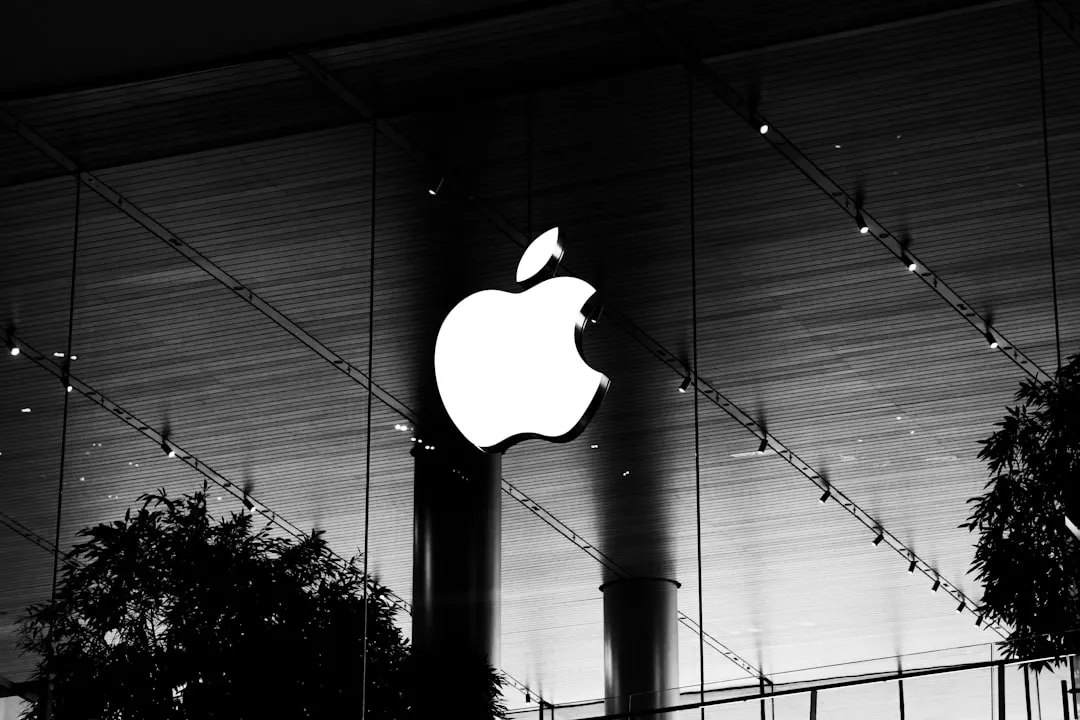
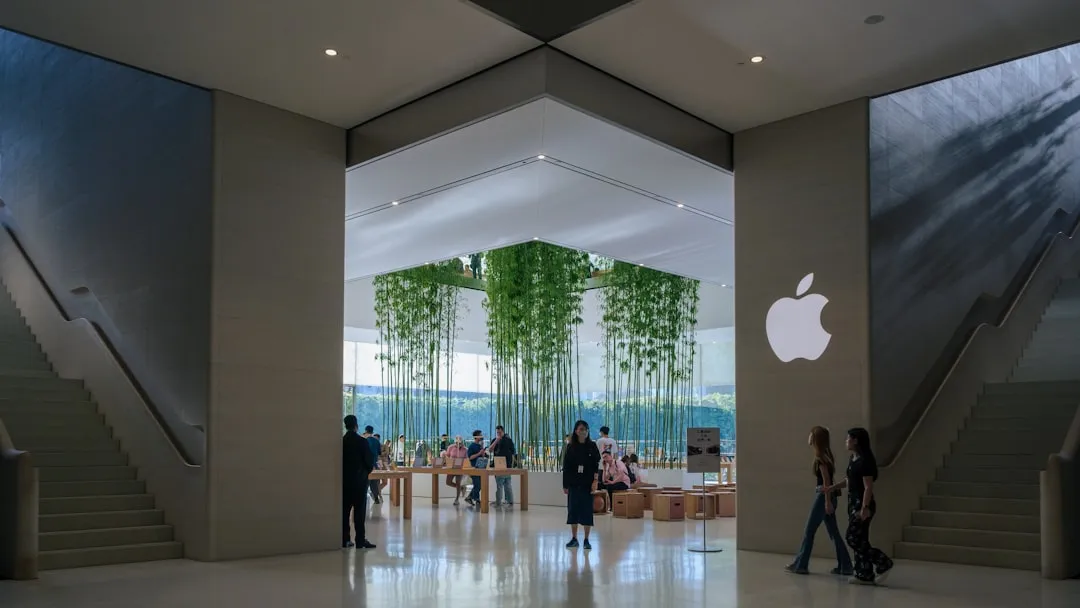
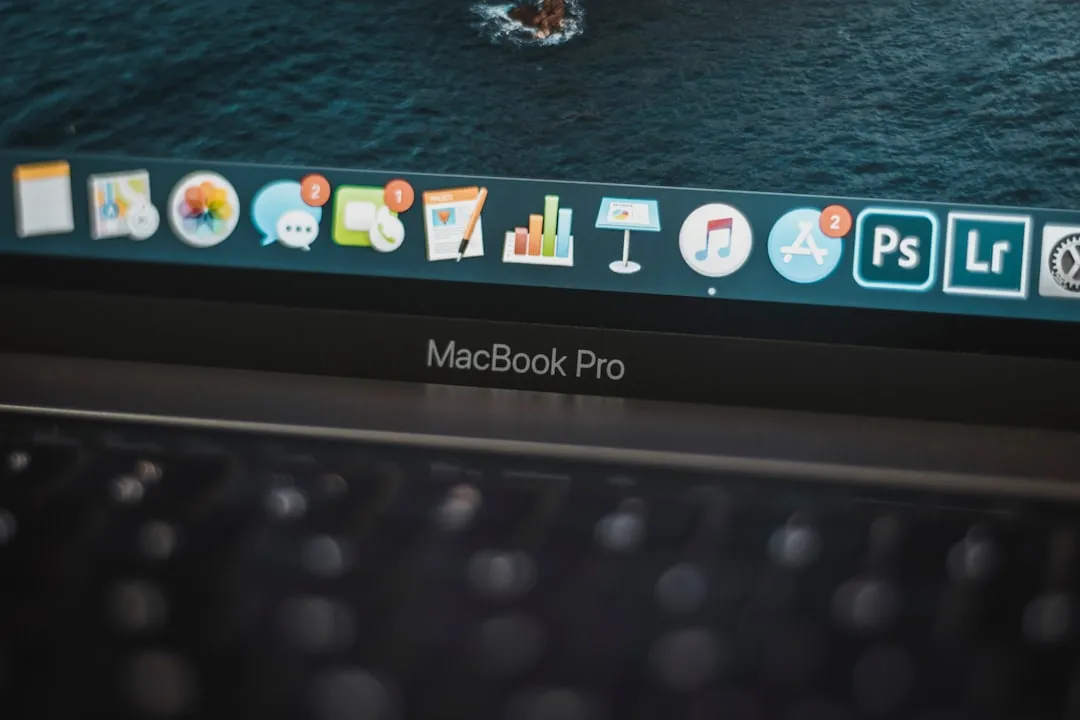
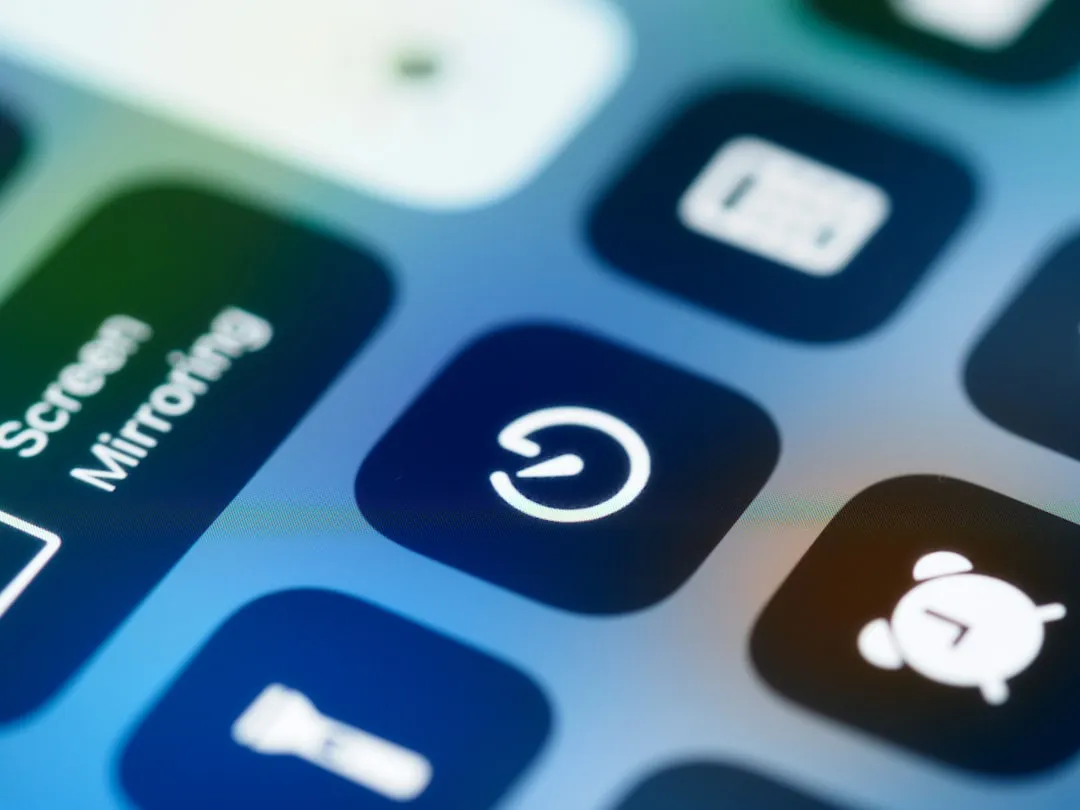
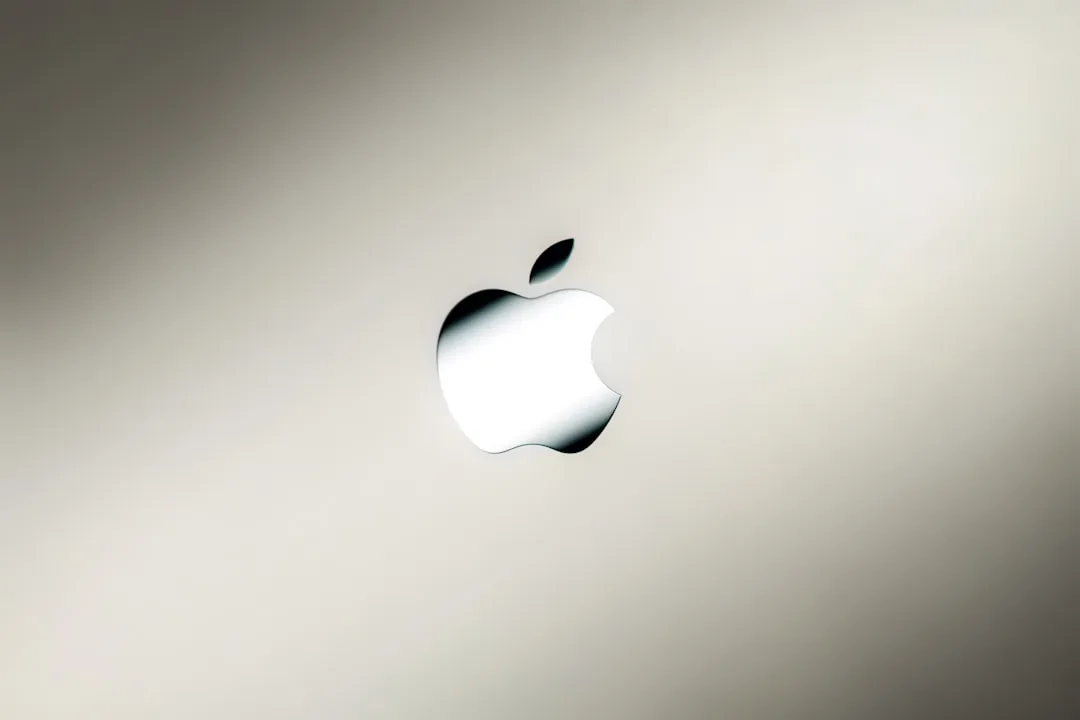
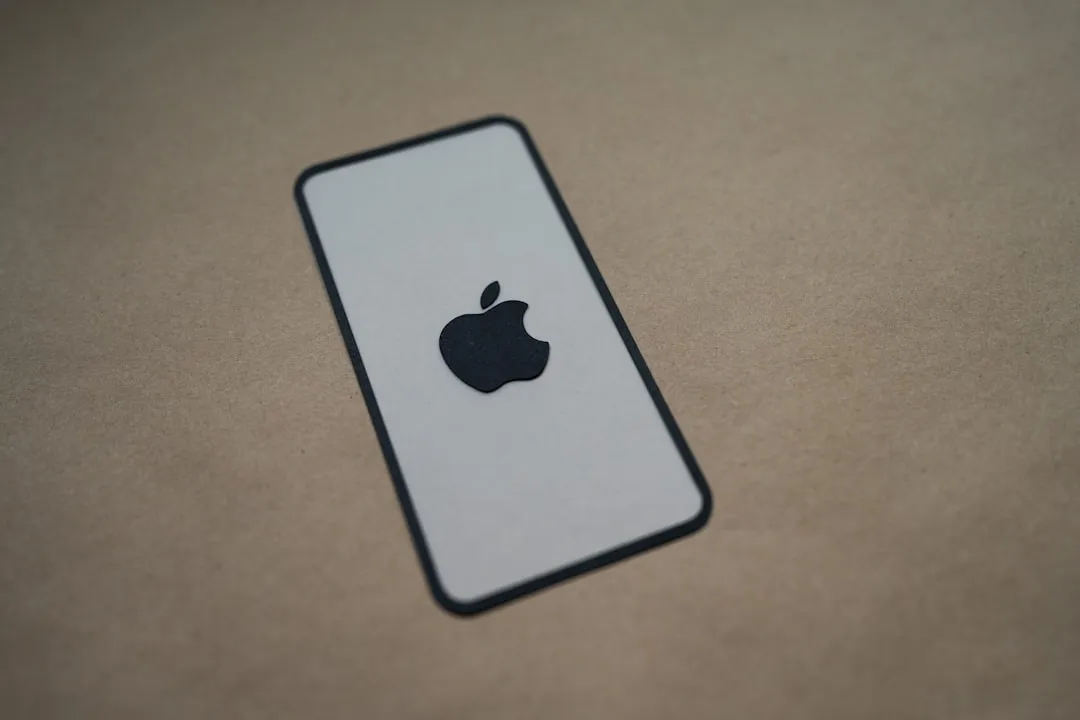

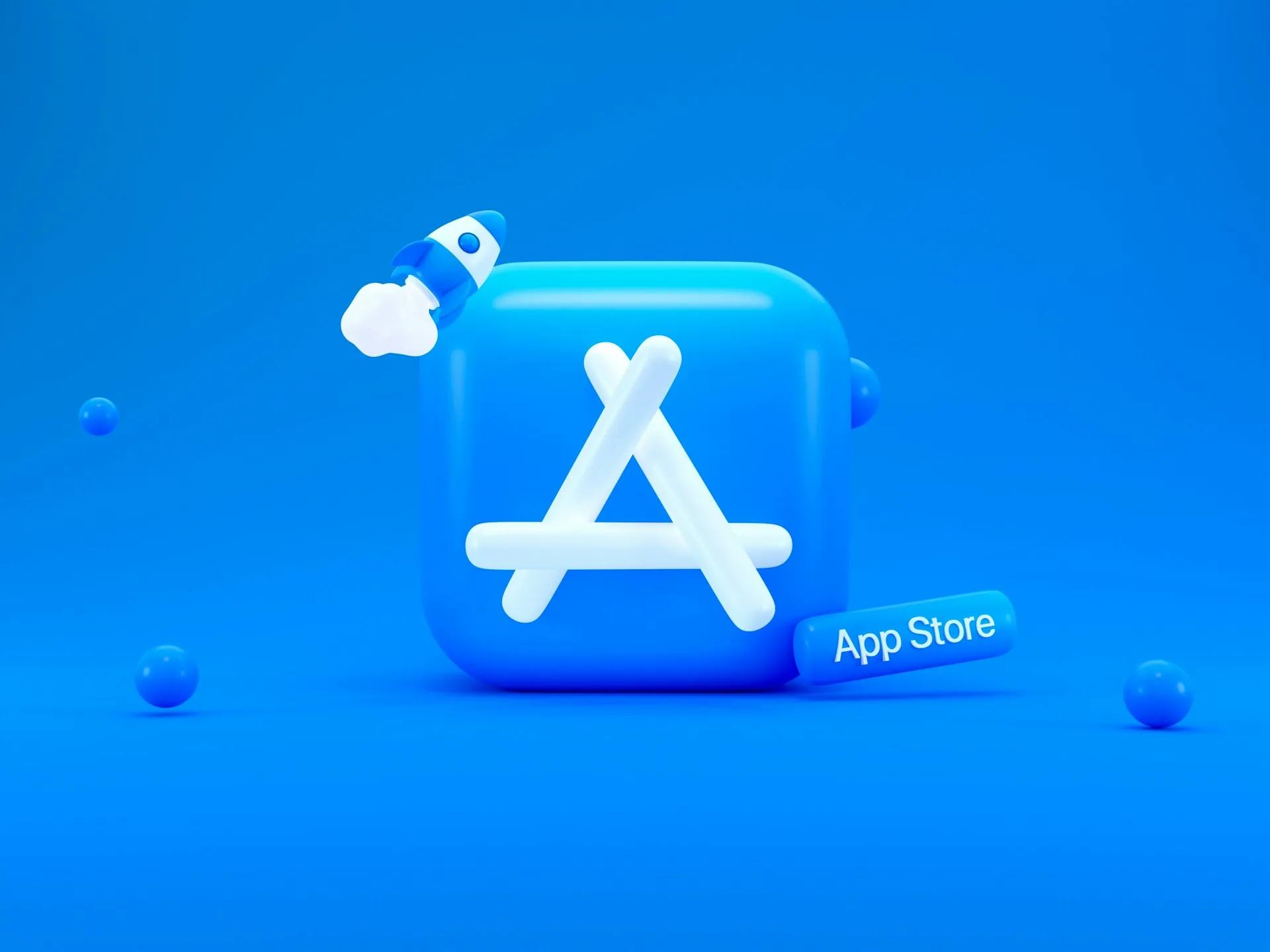
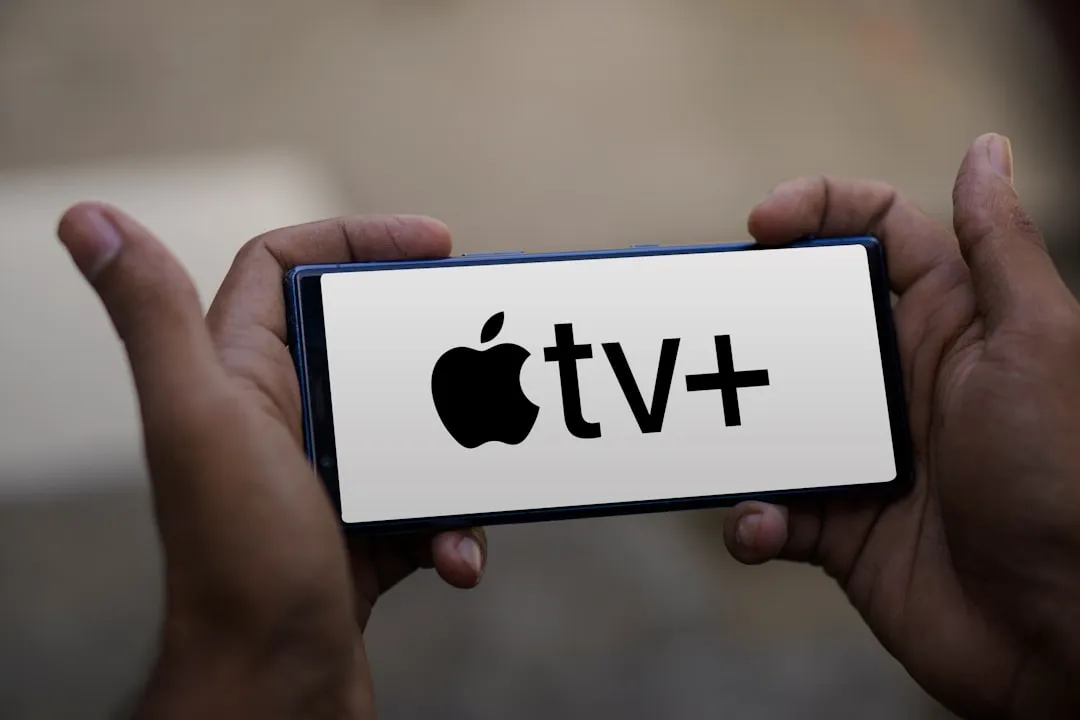
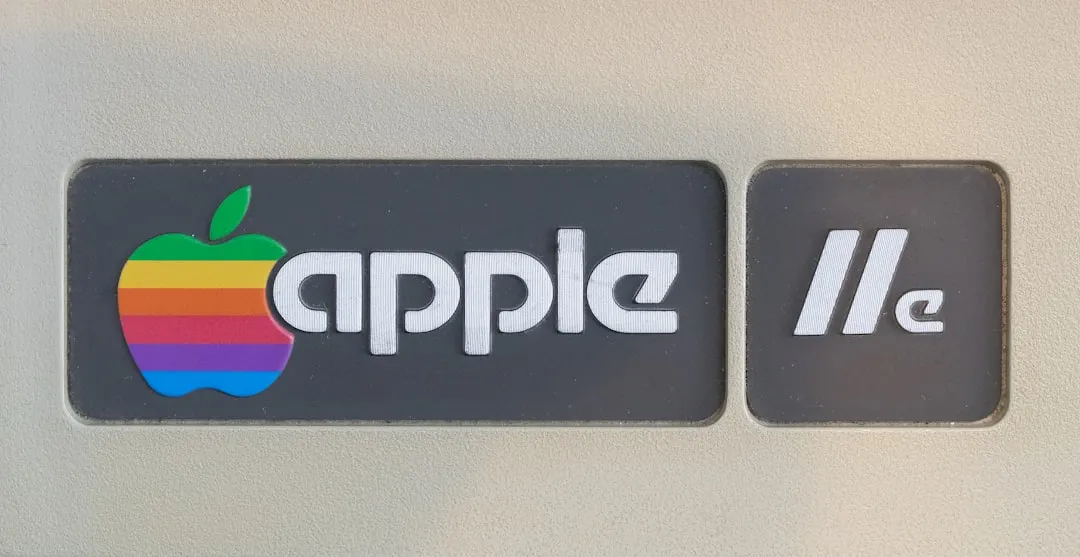
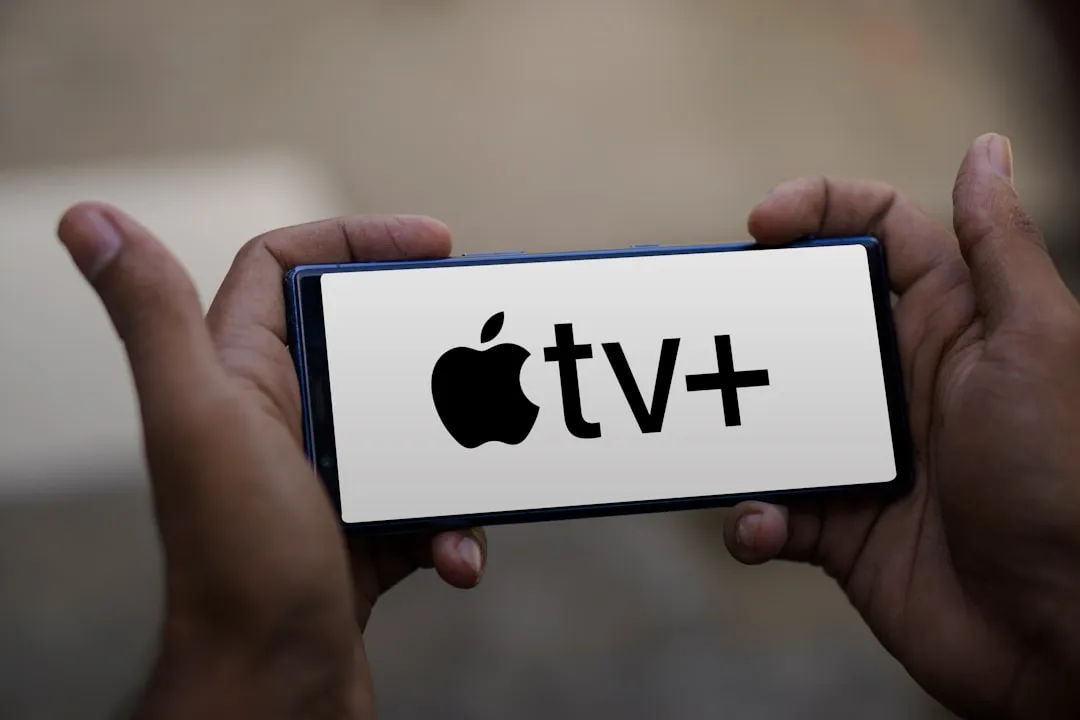
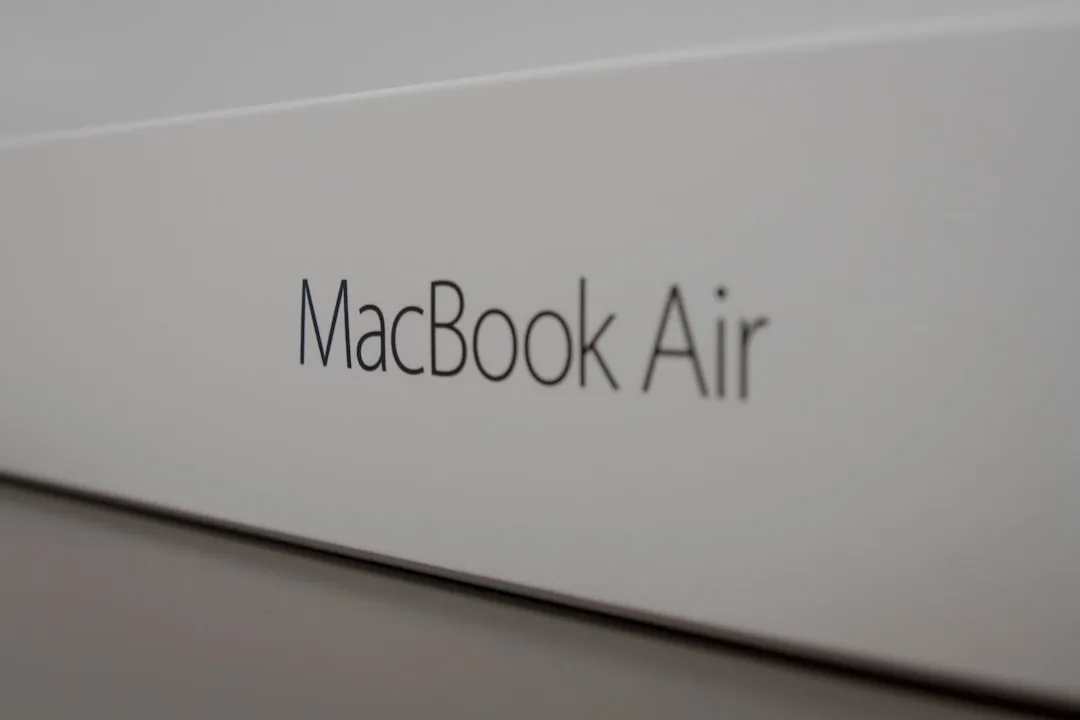

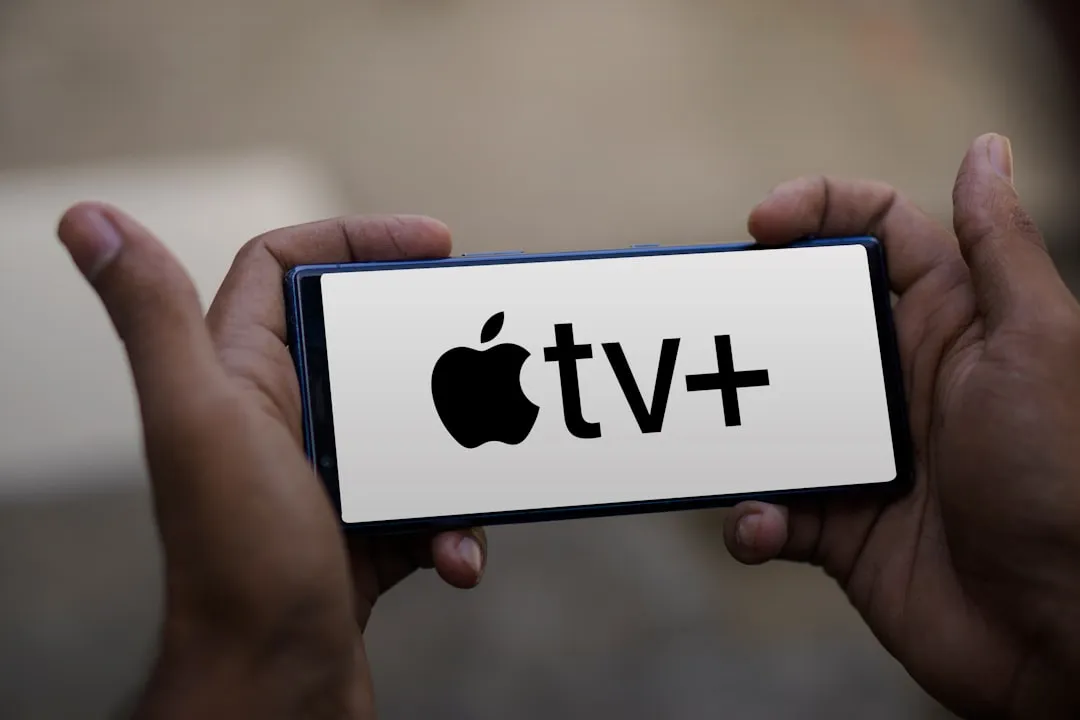

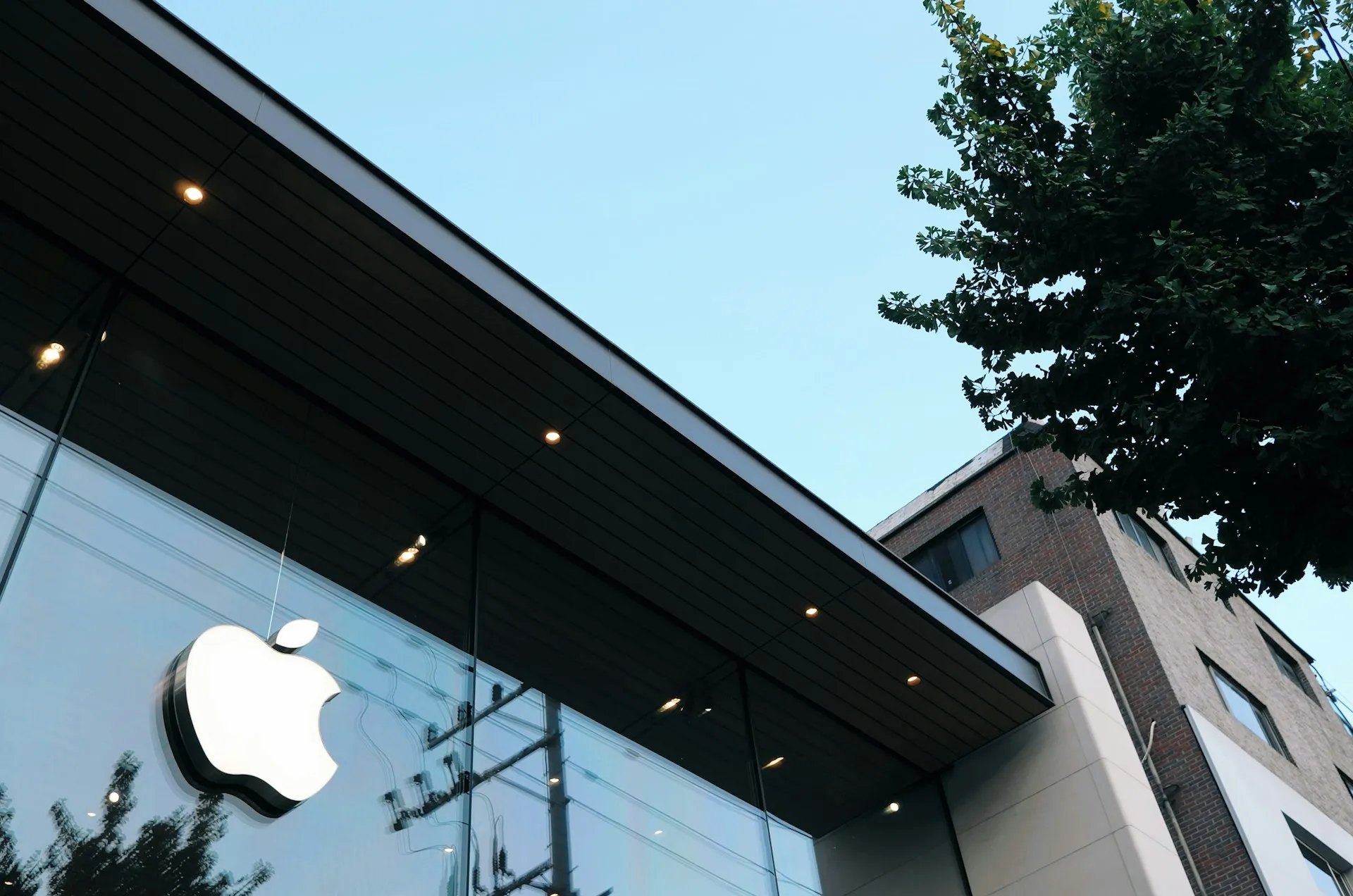
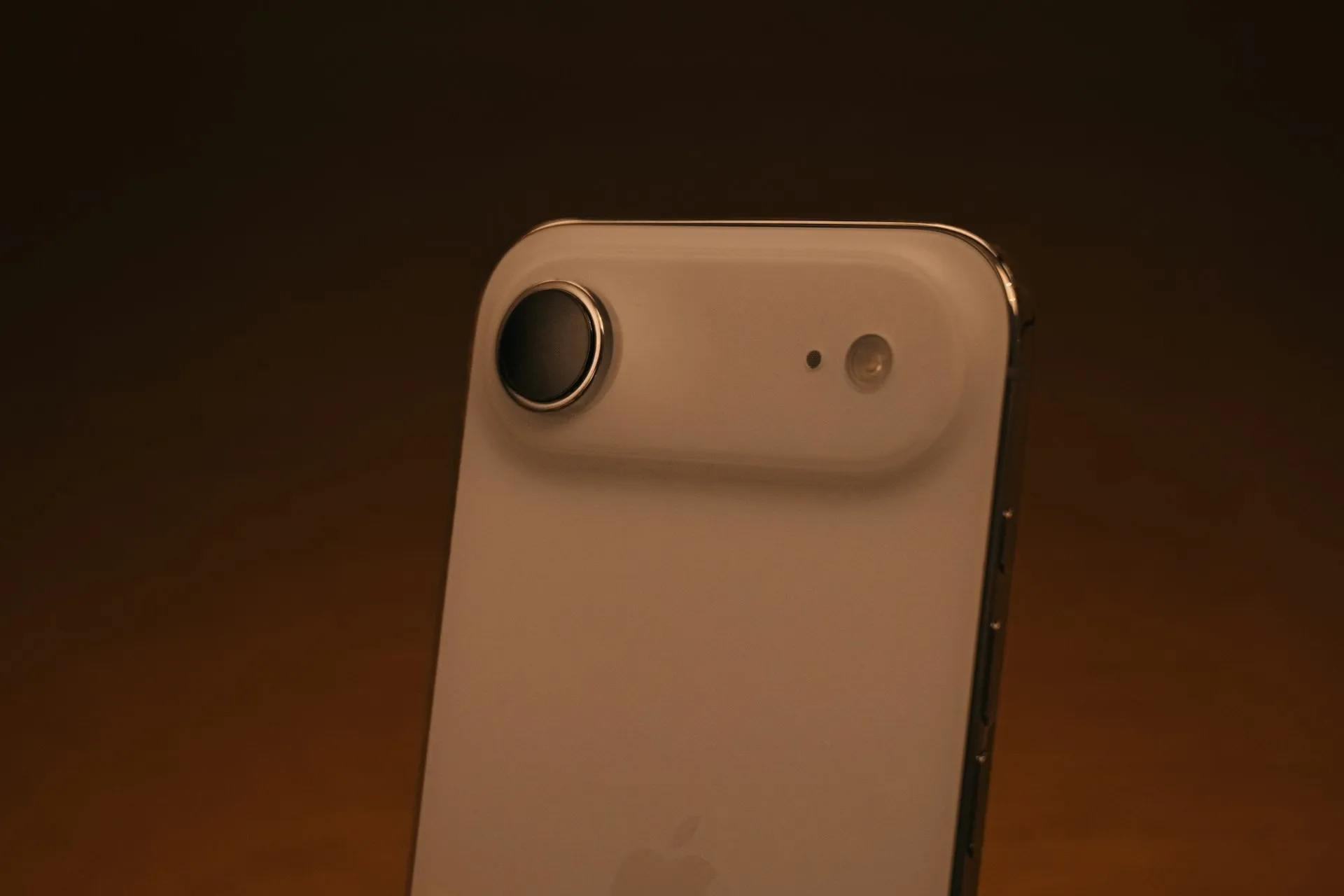


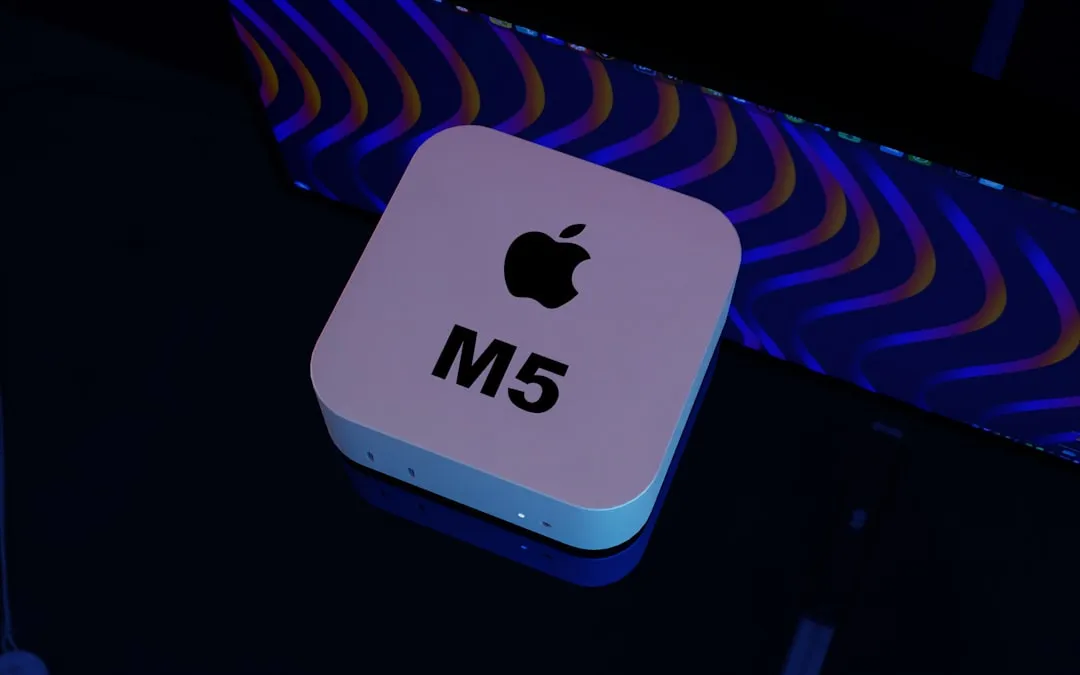
Comments
Be the first, drop a comment!